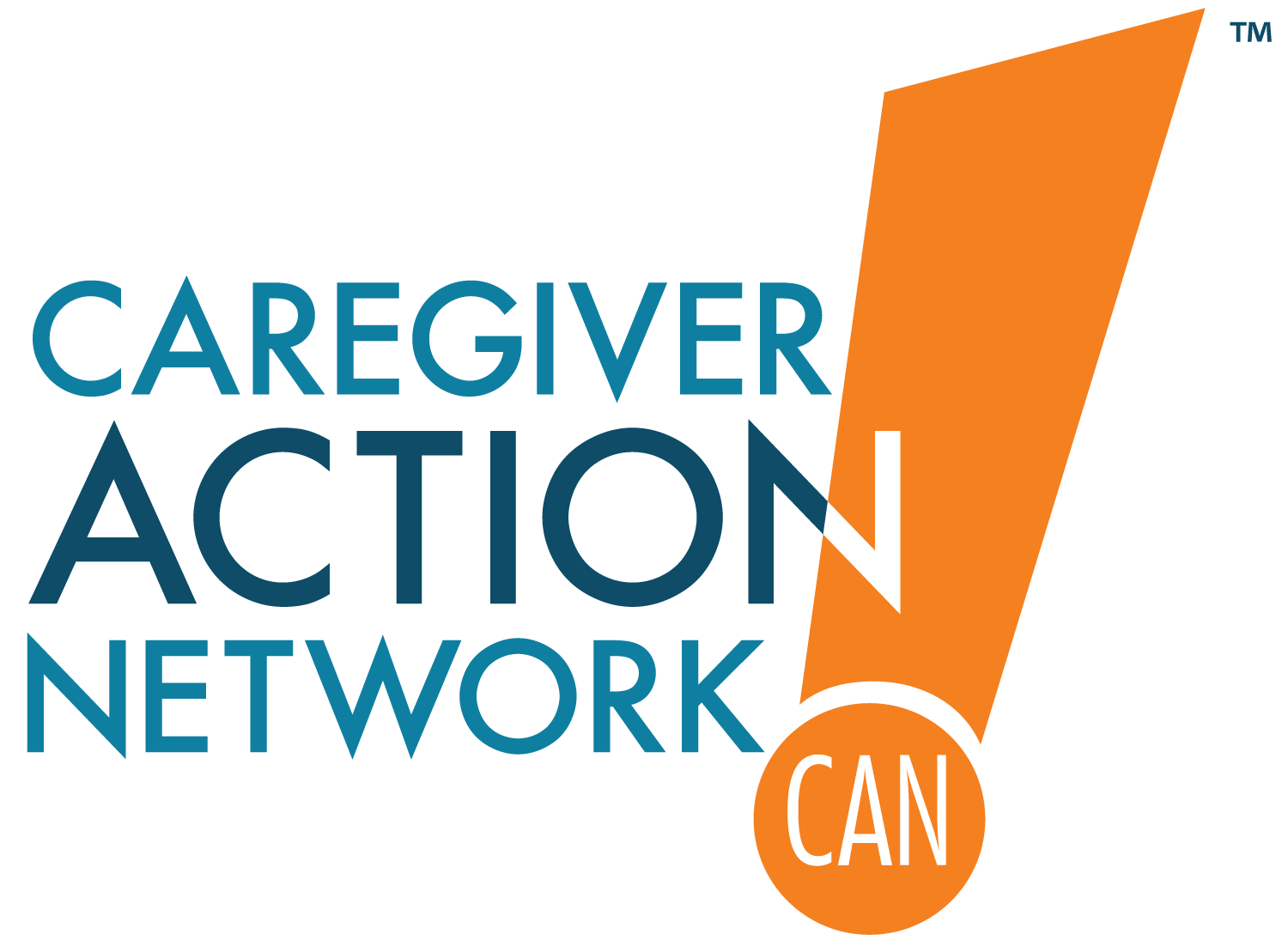People with Tardive Dyskinesia (TD), especially those in lower-income brackets or reliant on Medicaid, often face significant barriers to diagnosis, treatment, and long-term management of the condition. Medicaid generally covers medications for TD, but coverage details and specific formulary listings can vary by state and individual Medicaid plans.
"My husband was put on a medication after he was diagnosed with tardive dyskinesia, and it costs $120,000 a year. There is no substitute for it yet, and no generic alternative exists. I was able to get a small grant last year to help us defray some of the costs, as we're on Medicare and not working. We only have our social security payments coming in. Last year, we were able to get the medication, but it was a constant effort. The provider needed to call it in, but the insurance company claimed they hadn't. Then I would have to go back and ask if they faxed it. Or I would be told that we didn't fill out a particular form. It was a constant struggle. At some point last year, the insurance company removed the drug from its formulary and no longer covers it. I had to scramble to get another insurance company that would cover it. There was only one in my area, so we were able to get it again for this year. But I've read that an insurance company can drop you at any time if they feel that your needs are too great, or they can at any time stop covering a medication. If that happens, I don't know what we'll do. My husband says he just won't take it anymore. I'm not sure how that will all play out, but it's pretty scary. It's scary knowing that the medication that someone needs can be that expensive."
– Drema W.
"A mi marido le recetaron un medicamento después de que le diagnosticaran discinesia tardía, y cuesta 120.000 dólares al año. Aún no hay sustituto para esto, y no existe ninguna alternativa genérica. El año pasado conseguí una pequeña subvención para ayudarnos a sufragar parte de los gastos, ya que estamos cubiertos por Medicare y no trabajamos. Sólo recibimos ayudas del Seguro Social. El año pasado pudimos conseguir el medicamento, pero fue un esfuerzo constante. El proveedor tenía que avisar, pero la compañía de seguros alegaba que no lo había hecho. Entonces, yo tenía que volver y preguntar si lo habían enviado por fax. O me decían que no habíamos rellenado un formulario concreto. Era una lucha constante. En algún momento del año pasado, la compañía de seguros retiró el medicamento de su formulario y dejó de cubrirlo. Tuve que buscarme otra compañía de seguros que lo cubriera. Sólo había una en mi zona, así que pudimos conseguirlo de nuevo para este año. Pero leí que una compañía de seguros puede darte de baja en cualquier momento si considera que tus necesidades son demasiado grandes, o puede dejar de cubrir un medicamento en cualquier momento. Si eso ocurre, no sé qué haremos. Mi marido dice que ya no puede aguantarlo más. No estoy segura de qué pasará, pero me da bastante miedo. Da miedo saber que el medicamento que alguien necesita puede ser tan costoso."
Patients from underserved communities are more likely to receive care from multiple, uncoordinated sources, making symptom tracking and continuity of care more difficult. Individuals with co-occurring psychiatric and medical conditions may receive siloed care, where psychiatrists focus on mental health and neurologists may not be involved early, delaying TD diagnosis.
Due to the difficulty in accessing medical care, subtle early signs of TD may be overlooked or misdiagnosed as other conditions. Without timely intervention, TD symptoms can become more severe and disabling. These delays can lead to a decrease in your loved one’s quality of life.
Hear from Richard B., who believes grants would have been helpful.
"Lo que habría cambiado las cosas en mi caso es que hubiera más subvenciones, especialmente para los miembros de la comunidad negra, para la discinesia tardía. Creo que habría sido beneficioso porque la carga financiera recae sobre mí, y es un poco pesada."
